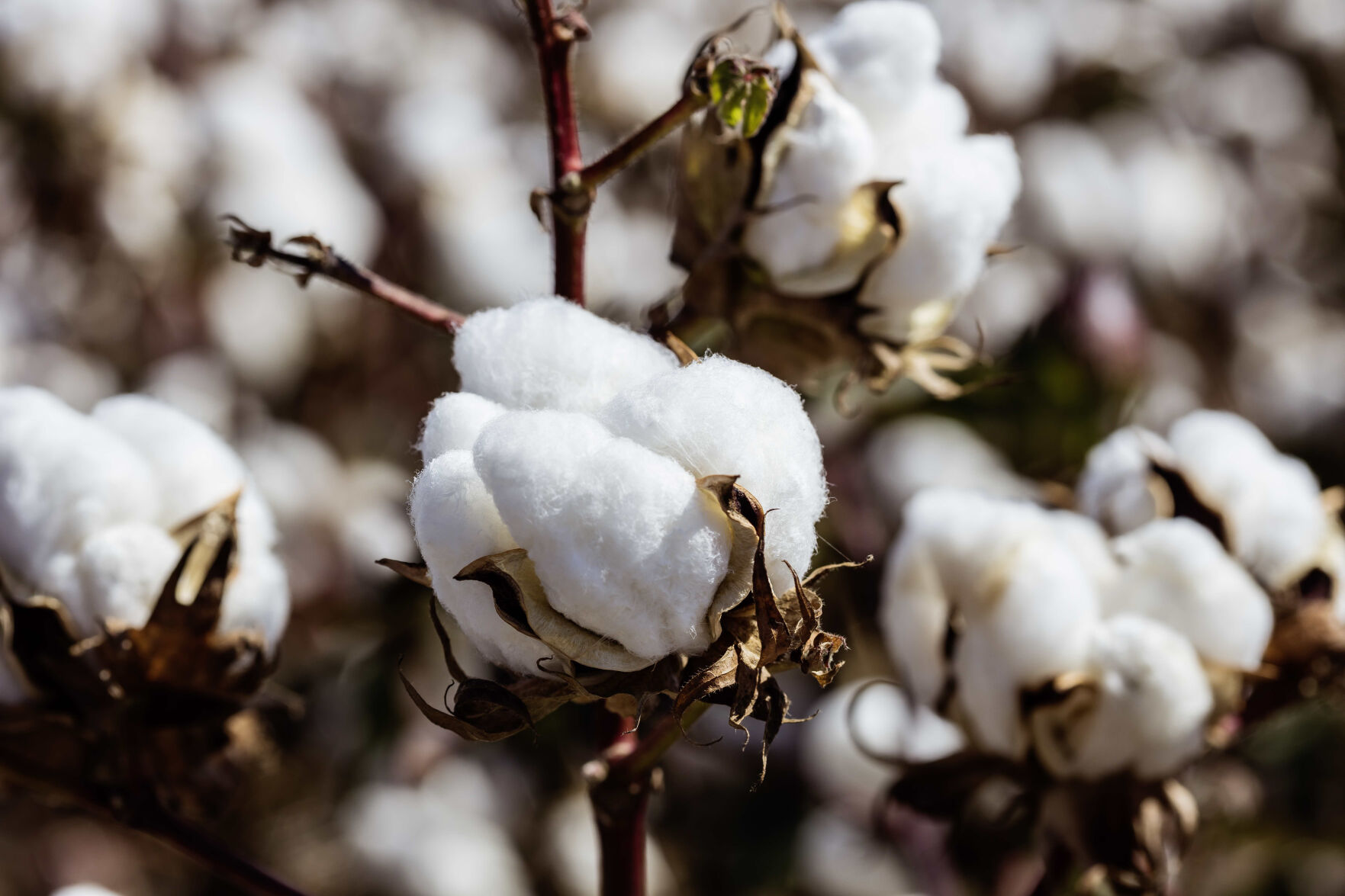BASF recently announced three new cottonseed varieties for the 2021 season consisting of one new FiberMax variety—FM 1730GLTP and two new dicamba-tolerant Stoneville varieties—ST 5091B3XF and ST 4993B3XF.
FM 1730GLTP is intended for growers in the southwest who are looking for early maturity and good root-knot nematode and Verticillium wilt tolerance.
“FM 1730GLTP is a new GlyTol/Liberty Link/Twinlink Plus variety that possesses excellent fiber quality and tolerance to root knot nematodes, which will improve its fit across a number of acres in the southern High Plains,” says Kenny Melton, PhD, western region agronomic manager for BASF. “This variety performed well across the entire southwest, performing even better in the shorter growing seasons of the Texas Panhandle.”
The ST 5091B3XF variety fits the environment of the eastern Cotton Belt and south and east Texas. It offers a strong fiber package and grows wells in most soil types.
“Potential high yields over multiple locations, soil types, and management styles led to the commercial release of ST 5091B3XF,” he said. “This new variety delivers high-yield potential for cotton producers in the eastern U.S., along with south and east Texas and provides growers another Stoneville variety option along with the proven performance of ST 4990B3XF.”
ST 4993B3XF grows best across the Cotton Belt and is an easy-to-manage variety with early to mid-maturity. BASF indicates it has potential to be a high-yielding variety and is resistant to bacterial blight and has storm tolerance.
“ST 4993B3XF was a strong performer across the entire Belt, especially in west Texas,” Melton said. “The bacterial blight resistance will be a welcome addition to the Stoneville portfolio in areas where that disease has been an issue.”
According to BASF, both of the new Stoneville varieties are tolerant to Liberty herbicide, Engenia herbicide and glyphosate herbicides. All three new varieties provide three-gene lepidopteran resistance, helping growers manage yield-robbing worms.
Lacey Newlin can be reached at 620-227-1871 or [email protected].



